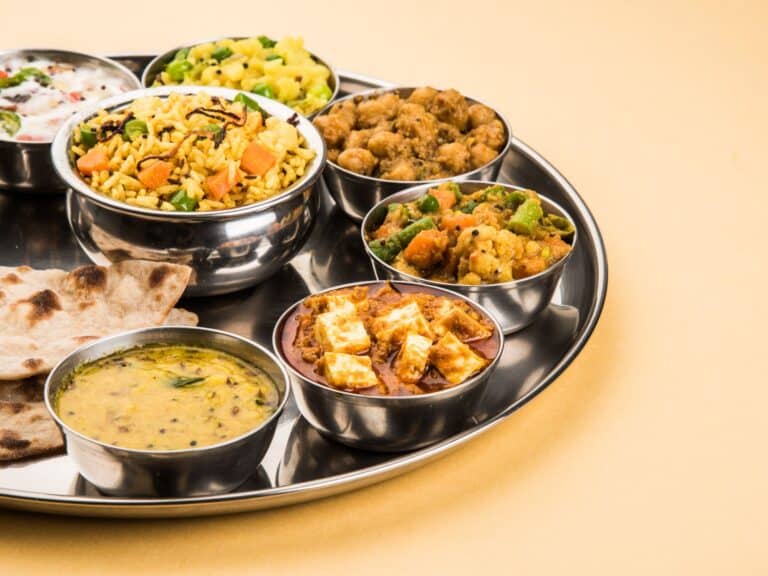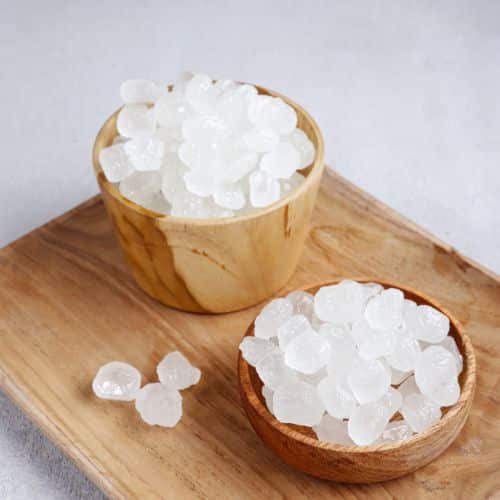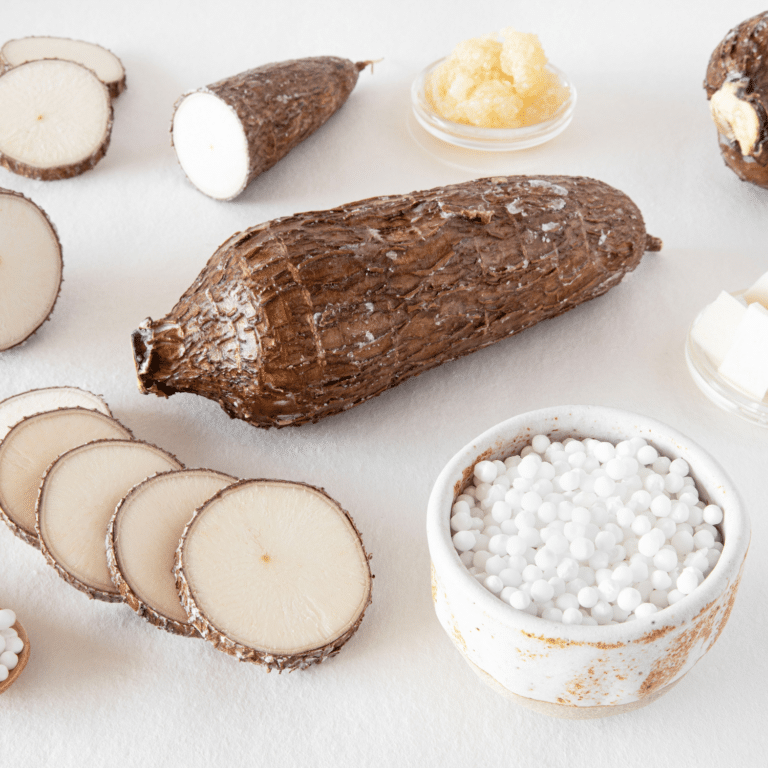Menopause, like any good spy novel, arrives shrouded in mystery and unfolds with a series of unforeseeable twists. Who knew that my transition into this new phase would involve such a wild cocktail of symptoms? Sure, I’d heard the whispers and giggles—flashes of heat, moods swinging like pendulums, the great hormonal heist—but experiencing it firsthand has been more than just a series of hot flushes; it’s been an enlightening journey.
Understanding Menopause and Its Global Dance
Menopause isn’t merely a biological event but a global experience that unites all women, although it starts at different times across the world. On average, women in the United States bid farewell to their menstrual cycles around the age of 51, though perimenopause can usher in changes as early as the 40s, and sometimes even the late 30s. Globally, this timing can vary slightly due to factors like genetics, lifestyle, and health, but the midlife changes are universal. The transition, fraught with symptoms like night sweats, mood disruptions, and metabolic shifts, typically spans four to eight years. During this time, the ovaries gradually reduce hormone production, turning daily life into a sort of hormonal Russian roulette.
The Symphony of Symptoms: Before, During, and After
The journey into menopause begins with perimenopause, a phase that often slips under the radar. Initial symptoms are subtle yet indicative of the profound changes underway: erratic menstrual cycles, sleep disturbances, and perhaps the first hints of thermal discomfort. As estrogen levels ebb, the body responds with an array of signals. Hot flashes can feel like spontaneous bursts of heat, suddenly elevating body temperature and increasing sweat production. Mood swings and anxiety may emerge without clear triggers, adding emotional turbulence to the physical upheavals. Cognitive effects are also notable, with changes in memory and focus sometimes leading to moments of confusion or forgetfulness.
The transition continues through menopause itself, when menstruation stops completely, and into post-menopause. Although some symptoms like hot flashes may diminish, others such as vaginal dryness and decreased bone density become more prominent. These changes can affect quality of life, necessitating new routines and remedies to manage the ongoing symptoms effectively.
Holistic Harmonies: Tuning into Natural Solutions
Navigating the menopausal transition benefits greatly from a holistic approach that embraces both modern science and time-tested natural remedies. While Hormone Replacement Therapy (HRT) is widely recognized for its efficacy in balancing hormonal levels, a variety of natural strategies can complement this treatment or serve as alternatives.
Diet and Nutrition
The role of diet in managing menopause symptoms cannot be overstated. Incorporating foods rich in phytoestrogens is a strategic choice. These naturally occurring compounds mimic estrogen and can help balance hormone levels.
- Flaxseeds are a powerhouse of lignans, a type of phytoestrogen, which can help moderate hot flashes and improve vaginal health.
- Soy products, like tofu and tempeh, contain isoflavones that are effective in reducing menopausal symptoms while also protecting heart health.
- Broccoli and other cruciferous vegetables are loaded with nutrients that support liver function and hormonal balance.
- Berries and apples are rich in fibers and antioxidants, supporting detoxification and cardiovascular health.
Recipes such as flaxseed muffins, soy smoothies, or a refreshing broccoli and berry salad can be both nutritious and delicious additions to daily meals.
Supplements
Specific supplements can also play a crucial role in managing symptoms:
- Vitamin D and calcium are critical for bone health, especially as bone density declines.
- Magnesium can help improve sleep quality and reduce night sweats.
- Omega-3 fatty acids, found in fish oil and algae supplements, can combat dry skin and improve mood stability.
Exercise and Yoga
Physical activity is crucial, with a focus on gentle, joint-friendly exercises. Yoga can be particularly beneficial due to its adaptability and emphasis on balance and flexibility.
- Asanas like Balasana (Child’s Pose) and Supta Baddha Konasana (Reclining Bound Angle Pose) are excellent for relaxation and relieving stress.
- Virabhadrasana (Warrior Pose) helps strengthen the muscles and bones, supporting physical stability.
Breathing Exercises and Meditation
Pranayama, or yogic breathing exercises, can greatly enhance emotional regulation and stress relief:
- Anulom Vilom (Alternate Nostril Breathing) helps to calm the mind, improve focus, and balance the nervous system.
- Bhramari (Bee Breath) is effective for reducing anxiety and improving sleep patterns.
Mindfulness meditation serves as a serene anchor throughout the hormonal storms of menopause. Daily practice can improve mental clarity and emotional resilience, helping to navigate the psychological complexities of menopause with greater ease.
Embracing these holistic approaches offers a comprehensive strategy for managing menopause, blending the best of nutritional, physical, and mental wellness practices into a harmonious lifestyle adjustment that can significantly alleviate symptoms and enhance overall well-being.
The Role of the Band: Family, Friends, and Partners
Navigating the tumultuous waters of menopause requires a supportive crew, and for many women, family, friends, and partners play an indispensable role. Just as adolescence brings its challenges, so does menopause, reshaping dynamics and testing bonds. Yet, when approached with empathy and humor, it becomes a journey shared, not a burden borne alone.
Practical Tips for Supportive Relationships
For Partners:
- Empathy and Patience: Understand that mood swings and emotional upheaval are not personal attacks but part of the hormonal changes. An empathetic ear and a patient demeanor can be incredibly soothing.
- Sharing Responsibilities: Practical support, such as sharing household chores or responsibilities, can alleviate the physical and emotional load during tiresome days.
- Physical Comfort: Small gestures like keeping a cool glass of water by the bed or a comforting hug during a flash can make a big difference.
For Family and Friends:
- Education: Familiarizing oneself with the symptoms and effects of menopause can help in recognizing and empathizing with what your loved one is experiencing.
- Check-ins: Regular communication can provide emotional support and show that they are not alone in their experience.
- Activity Partners: Engaging in joint activities, such as walking or attending yoga classes together, can provide both emotional and physical support.
The Encore: Education, Acceptance, and Open Conversations
Education and open dialogue about menopause serve as the cornerstone for changing perceptions and eradicating stigma. Transforming menopause from a secretive or embarrassing topic into an openly discussed aspect of life empowers women to seek information and support without hesitation.
Enhancing Awareness and Fostering Open Conversations
Community Involvement:
- Workshops and Seminars: Participating in or organizing educational sessions can help spread knowledge and normalize conversations around menopause.
- Online Forums and Support Groups: Digital platforms can offer a safe space for sharing experiences and advice, reaching women globally and building a supportive community.
At Home and Work:
- Family Discussions: Open conversations at home about menopause can prepare everyone and adjust household dynamics to be more supportive.
- Workplace Policies: Advocating for menopause-friendly workplace policies, like temperature-controlled environments and flexible work hours, can support women’s well-being at work.
Personal Reflection and Sharing:
- Journaling: Writing about your menopause journey can offer personal insights and provide material to share with others, either privately or in blogs and articles.
- Storytelling: Sharing personal stories publicly, whether in small groups or through media, can demystify menopause and encourage others to open up.
Menopause marks not the end but the commencement of a profound chapter. By fostering education, acceptance, and open conversation, we can illuminate the path forward not just with knowledge, but with understanding and shared humanity. As we embrace and talk about these changes, we can help ensure that the journey through menopause is not a solitary one, but a shared symphony rich with support and solidarity. Let this dialogue be ongoing, filled with humor and warmth, making the transition a celebrated part of life’s natural rhythm.
Helpful Resources on Menopause: Books, Websites, and Communities
For those seeking deeper understanding and additional support around menopause, numerous resources are available that provide valuable information and community connection.
Books
- “The Wisdom of Menopause” by Dr. Christiane Northrup – This book offers a comprehensive look at the emotional, physical, and spiritual changes in menopause, emphasizing empowerment over the medicalized perspective.
- “Menopause Confidential” by Dr. Tara Allmen – A helpful guide that offers advice on the medical aspects of menopause, including treatment options and lifestyle changes.
- “The Menopause Manifesto” by Dr. Jen Gunter – Gunter’s book empowers women with factual information and debunking myths about menopause, advocating for informed choices and better healthcare.
Websites
- Menopause.org – The official site of The North American Menopause Society provides a wealth of information, including the latest research and a directory of menopause practitioners.
- WomensHealth.gov – This government site covers a wide range of women’s health issues including menopause with useful tips on managing symptoms.
- The Menopause Charity – This UK-based site offers straightforward, research-backed advice and aims to support women through workshops and access to expert guidance.
Online Communities and Forums
- Menopause Matters Forum – An online community where women can share experiences and advice on dealing with menopausal symptoms.
- Reddit Menopause – A subreddit dedicated to discussions around menopause, providing a space for support and personal stories.
- Menopause Society of India (MSI) – An organization that provides information about menopause clinics and specialists across India, alongside resources for managing menopause.
- All About Seniors – An Indian platform offering articles and expert advice on health issues including menopause.
- SheThePeople.TV – A digital storytelling platform that covers a wide range of topics related to women’s health and wellness in India, including menopause.
Embrace the Holiday Spirit: A Gift of Understanding and Support
Consider giving a gift that goes beyond the material: the gift of love, support, understanding, and care. Menopause is a significant life transition that affects not just the individual but also those around her. By offering a supportive book, participating in a workshop, or simply being there to listen, you can provide a meaningful impact on someone’s journey through menopause.
Join the Conversation and Spread Awareness
I invite you to share your own experiences with menopause, participate in discussions, and join us in educating and spreading awareness about this important phase of life. Whether through commenting on this blog, joining online forums, or engaging in community events, your voice can help illuminate the path for others and contribute to a broader understanding. Let’s keep the dialogue alive and rich with diverse experiences, fostering a community where every woman can navigate menopause with confidence and support.







Thanks for sharing this information.this is a much needed awareness for society which still hesitate to talk about there health the menopause is not acurse .I hope and pray that this information will help many women in this phase🙏🙏
Thank you Kiranjeet for inspiring me to write about this and agree there needs to lot of conversations! So spread the words and let more soul sisters and their partners to join in!